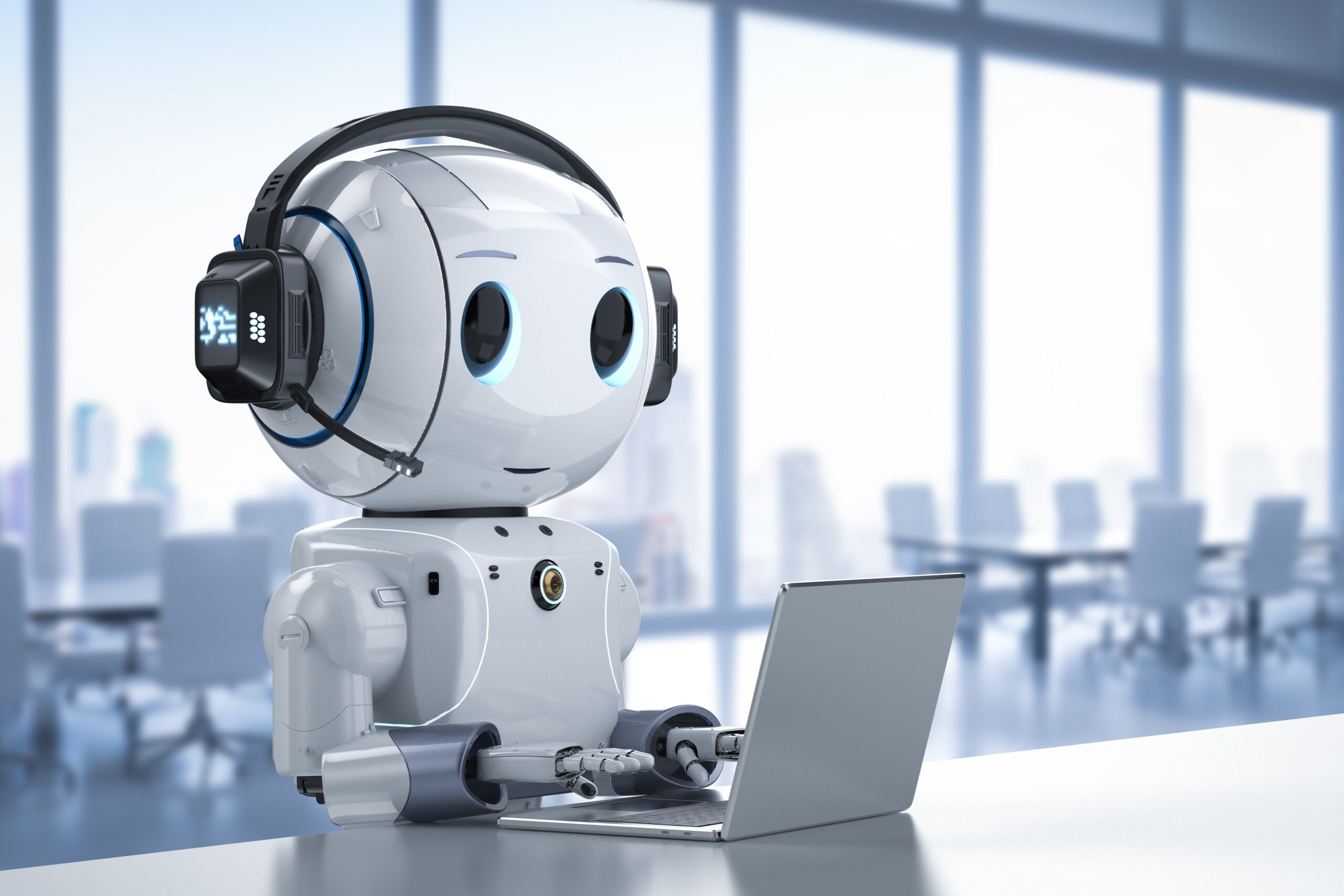As you navigate the complex landscape of student mental health, you may be aware of the growing crisis and shortage of school counselors. In response to these challenges, educational institutions are exploring innovative solutions to support students’ emotional well-being. One such solution gaining traction is the implementation of AI-powered chatbots like Sonny. These digital companions are stepping in to bridge the gap in mental health support, offering students a readily accessible resource for addressing issues such as anxiety and depression. While not a replacement for human therapists, these AI tools are proving to be valuable supplements, ensuring that students receive timely support even when on-site counseling staff are unavailable.
The Growing Student Mental Health Crisis

Rising Prevalence of Mental Health Issues
The student mental health crisis has reached alarming proportions in recent years. An increasing number of young people are grappling with anxiety, depression, and other psychological challenges. This surge in mental health concerns among students is not just anecdotal; it’s backed by sobering statistics. According to recent studies, nearly 1 in 3 college students report experiencing significant symptoms of depression or anxiety.
Factors Contributing to the Student Mental Health Crisis
Several factors contribute to this growing crisis. Academic pressure, social media influence, and economic uncertainties all play a role. The COVID-19 pandemic has further exacerbated these issues, with remote learning and social isolation taking a toll on students’ mental well-being. Additionally, the stigma surrounding mental health often prevents students from seeking help when they need it most.
Shortage of Mental Health Resources
Compounding this crisis is a critical shortage of mental health resources in educational institutions. Many schools and colleges are understaffed when it comes to counselors and mental health professionals. The recommended ratio of students to school counselors is 250:1, but the national average stands at a staggering 444:1. This gap leaves many students without access to timely, professional support, potentially worsening their mental health struggles.
How AI Chatbots Like Sonny Can Help Student’s Mental Health
Bridging the Support Gap
AI chatbots like Sonny are stepping in to address the critical shortage of mental health support in schools. By providing 24/7 accessibility, these digital companions offer immediate assistance to students struggling with anxiety, depression, or other mental health concerns. The AI-powered system can engage in conversations, offer coping strategies, and even detect signs of distress that may require human intervention.
Personalized and Scalable Support
One of Sonny’s key advantages is its ability to provide personalized support at scale. The chatbot can remember previous interactions, tailoring its responses to each student’s unique needs and preferences. This personalization helps build rapport and trust, encouraging students to discuss their challenges. Moreover, AI chatbots can handle multiple conversations simultaneously, ensuring no student is left waiting for support.
Complementing Human Expertise
While AI chatbots cannot replace human therapists, they serve as valuable supplementary tools. Sonny’s hybrid model, which combines AI capabilities with human oversight, ensures that critical situations are handled appropriately. Mental health professionals review and guide the AI’s responses, maintaining a human touch where it matters most. This approach allows schools to extend their support services without overburdening their limited counseling staff.
Combining AI and Human Expertise for Comprehensive Support
The Power of Hybrid Assistance
Sonny represents a groundbreaking approach to student mental health support, leveraging the strengths of both artificial intelligence and human expertise. This innovative chatbot utilizes advanced AI algorithms to engage students in initial conversations, providing immediate responses to their concerns. However, what sets Sonny apart is its integration of human oversight, ensuring that critical situations receive the nuanced attention they require.
Professional Guidance Behind the Scenes
Behind Sonny’s digital interface lies a team of professionals with backgrounds in psychology and social work. These experts review and guide the AI’s responses, particularly in complex or sensitive cases. This human touch ensures that students receive accurate, empathetic, and appropriate support, even when interacting with an AI-driven platform.
Bridging the Gap in Underserved Areas for Student Mental Health
Sonny’s deployment in low-income and rural areas addresses a critical need where mental health services are often scarce. By providing access to over 4,500 students across nine school districts, this AI-powered solution helps bridge the support gap in communities where traditional counseling resources may be limited. The chatbot’s ability to operate from 8 a.m. to 2 a.m. Eastern Time further enhances its accessibility, allowing students to seek help when they need it most.
Reaching Students Where They Are: The Accessibility of Chatbots
Bridging the Digital Divide
In today’s digital age, AI chatbots like Sonny are revolutionizing student mental health support by meeting young people on familiar ground. These virtual companions leverage the ubiquity of smartphones and messaging platforms, providing a low-barrier entry point for students seeking help. By offering support through text-based conversations, chatbots eliminate the intimidation factor often associated with face-to-face counseling sessions.
24/7 Availability and Flexibility
One of the most significant advantages of AI chatbots is their round-the-clock availability. Unlike traditional counseling services bound by office hours, chatbots can engage with students at any time, day or night. This flexibility is crucial for addressing mental health concerns that often arise outside of school hours. Whether it’s a bout of anxiety during a late-night study session or feelings of loneliness on a weekend, students can access support when they need it most.
Personalized and Adaptive Support
AI-powered chatbots excel at providing personalized support tailored to each student’s unique needs. Through natural language processing and machine learning algorithms, these digital companions can analyze conversation patterns, identify emotional cues, and adapt their responses accordingly. This level of customization ensures that students receive relevant advice and resources, fostering a sense of being truly heard and understood.
AI as a Supplement, Not a Replacement, for In-Person Counseling and Student Mental Health
While AI chatbots like Sonny offer valuable support for student’s mental health, it’s crucial to understand their role as a supplement rather than a replacement for human counselors. These digital tools serve as an initial point of contact, providing immediate assistance when traditional resources may be unavailable.
Enhancing, Not Replacing, Human Interaction
AI chatbots excel at offering quick responses and basic coping strategies. However, they lack the nuanced understanding and empathy that trained professionals bring to counseling sessions. The human touch remains irreplaceable in building trust and addressing complex emotional issues.
Bridging the Gap in Underserved Areas
In regions with limited access to mental health services, AI chatbots can be a lifeline. They provide a consistent presence, available outside typical office hours, ensuring that students always have somewhere to turn. This 24/7 availability is particularly crucial for those in crises.
Collaborative Approach for Comprehensive Care
The most effective mental health support combines AI efficiency with human expertise. Schools implementing AI chatbots should view them as part of a broader support network, working in tandem with on-site counselors, teachers, and mental health professionals. This collaborative approach ensures that students receive well-rounded care tailored to their individual needs.
As A Summary
As AI chatbots like Sonny continues to evolve, you can expect to see their role in supporting student mental health expand. While these tools cannot replace human counselors, they offer a vital lifeline for students in underserved areas. By providing 24/7 support, AI chatbots help bridge the gap created by counselor shortages. As you consider the future of mental health support in education, remember that technology and human expertise can work in tandem. This innovative approach ensures that no student falls through the cracks, offering hope and assistance to those who need it most. The integration of AI in mental health support marks a significant step forward in addressing the growing crisis among students.
More Stories
NVIDIA Powers Up: Revolutionizing AI Data Centers with 800V HVDC Systems
NVIDIA emerges as a pioneer, revolutionizing the backbone of AI data centers through its cutting-edge 800V high-voltage direct current (HVDC) systems.
Bluesky Reinvents the Blue Check: A Decentralized Take on Digital Trust
In an era where digital trust is critical yet fragile, Bluesky offers a bold new approach to online verification. Bluesky...
Confluent Unifies Real-Time and Historical Data to Power Next-Gen AI and Analytics
Confluent has made major progress by upgrading its Confluent Cloud platform. These enhancements aim to unify data streams for advanced AI applications.
AI Synergy: Exabeam and Vectra AI Forge Unified Front Against Evolving Cyber Threats
The alliance between Exabeam and Vectra AI marks a major cybersecurity advancement. This strategic partnership merges top-tier technologies from both companies to enhance defenses against complex cyberattacks.
ChatGPT Deep Research Now Integrates with Dropbox and Box for Enhanced Data Access
ChatGPT Deep Research integration with Dropbox and Box enhances data access for users enabling them to link cloud storage accounts directly to Deep Research.
Next-Gen Xeon 6 CPUs Elevate Data Center AI Workloads in Nvidia DGX B300
In the rapidly evolving landscape of artificial intelligence, staying ahead requires cutting-edge technology that can efficiently handle complex workloads. You...


